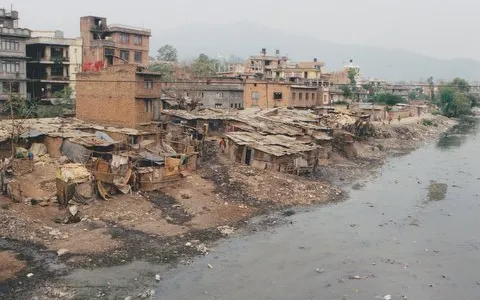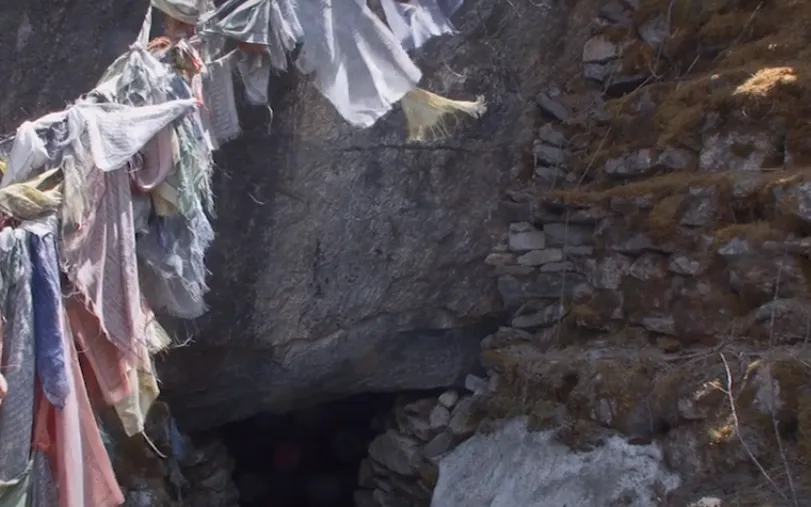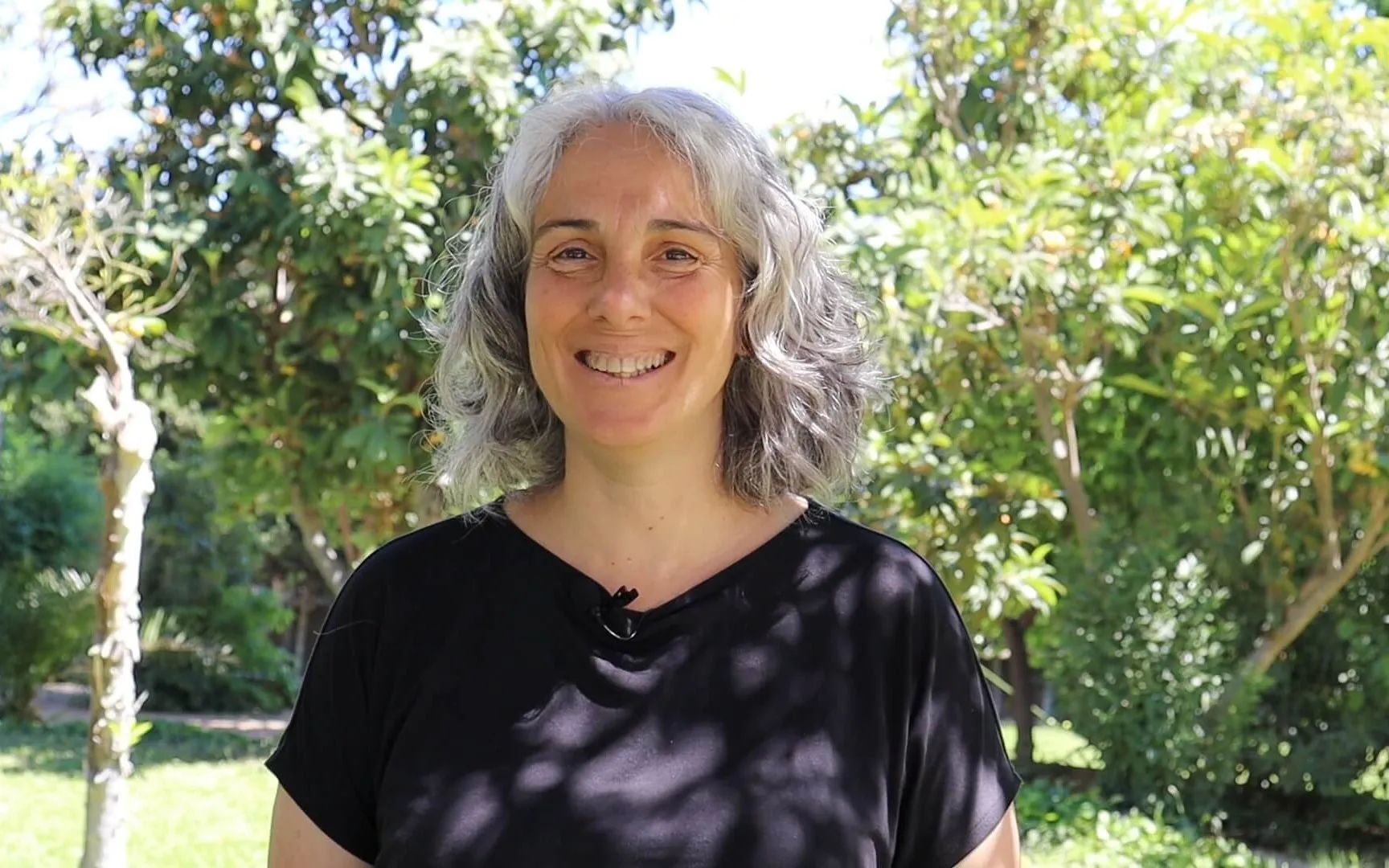Álvaro Quintana: “In Nepal, everybody is going one or two steps down in the social and economic status”
Where there is poverty the Coronavirus is considered a minor threat. Millions of daily wage workers are unemployed and with families to feed. We have talked with Hugging Nepal to know how Covid-19 is affecting the country.
How is COVID-19 affecting Nepal?
Certainly, the virus is the cause, however what matters here the most are the consequences of the economic crisis that is just starting. Currently we have around a hundred cases as per official sources and no casualties yet. This sounds very weird, due to that COVID-19 was originated few miles away in the neighboring China, but it took less time to reach South American countries than Nepal itself.
The situation nowadays is complicated with millions of daily wage workers unemployed and with families to feed. In Nepal workers have no rights. Many millions are empty pocket, but what is ever harder; empty stomachs too.
With this background, Is the population taking the confinement seriously?
In a country like Nepal, is nearly impossible to be confined. Only few people can stay at home waiting for their food to come in a delivery cargo van. The rest of the population, around 90% of the total, either live in rural areas where they have to farm and work in the field if they want to eat, or live in overcrowded cities where they have no other chance but work, in such a situation all of them are penniless in their tin sheet shelters or tiny rooms where all the family lives in. Simply, it´s unbearable to stay at "home".
What is the situation in the most populated slums?
Slums are the same all over the world. We all have seen images where the poorest of the poor live, in India, Brazil, the Philippines, Nigeria, Indonesia, etc. In the slums of Nepal nothing is different, and specially, in its capital city Kathmandu. A settlement for -nobody knows how many millions of people live there, but it´s estimated that- around 5 million dwells in this underdeveloped city, with no access to water for the vast majority, unpaved streets, constant electric load shedding, heavy pollution and tons of garbage everywhere.
I have read this several times in the past weeks, where there is poverty the Coronavirus is considered a minor threat. Absolutely, social distance does not exist. Families live together inside a single room, where also the kitchen is and all the people inside sleep in a row. Outdoors, people gather in the tiny alleys to get alleviation from the congested space. There is no such thing as privacy, loneliness or to have five minutes for oneself. All is packed all the time.
The tourism and Himalayan expeditions have been affected for this health crisis. How is this situation affecting the income of Nepalese?
The tourism sector is a great industry in the country, thanks of being the land of the Himalayas with the highest mountains on Earth, on top of them the Mt. Everest. Nepal, more over is also a place of pilgrimage for many Buddhist and Hindu followers. This country hosts a million tourists every year and this means a way of living directly or indirectly for seven millions of people.
The first income of Nepal is the money that Nepalese workers send home from abroad. The second income is the international aid, through thousands of NGOs. And the third is tourism. The global economic crisis has hit badly the three of them.
Now all of this is a mirage. Tourism is not expected to be back any time soon. Kathmandu, Pokhara and Chitwan are the main touristic hubs, where the crisis is going to affect more. Also trekking regions, like Everest, Annapurna or Langtang will doubtless suffer an important lack of income, impoverishing the already needy population.
The second income of Nepal is the international aid. What are nonprofit organizations doing to help most vulnerable?
Basically, nonprofit organizations are doing food relief for the millions of families that have lost their jobs and therefore their income to survive. Now there is no point to invest in any sector to activate the economy, as there is none. No projects are planned to start soon, and the ones that were undergoing, have been stopped with no date of resuming.
The essential need is to feed all those who are in risk, these are mainly daily wages workers that since more than a month and a half are desperately looking for help. In a country without a governmental response against the crisis that grants economic aid to the unemployed, people have to stand up in a line begging for food, as sad as it sounds. Others at risk are elderly homes, orphanages and centers with special needs.
What role is Hugging Nepal playing in order to help vulnerable people?
Since always our work has been focused in the most vulnerable communities, we have worked for several years in the poorest rural areas, promoting development and providing infrastructures and education, as well as investing in local economy for the good of the whole community.
In a time where construction has been halted and schools are closed down, our duty as social guardians is to cover the urgent need that rules the country now, this is basically hunger and a society impoverished. The ones that were struggling fell into poverty, the ones that were already poor, have gone one step downward if that is possible.
What plans are you implementing?
We are providing more than 750 meals every day in two different projects in Kathmandu. One is the Secret Garden Kitchen, that cooks around 400 meals daily which are distributed in 3 spots along by the Bishnumati river, one of the poorest areas of the city, by the shore of a stinky and polluted river where tons of trash and garbage are piled up.
The other point is the Ganeshtan Kitchen, where we cook for more than 350 people, in the morning and in the evening. In this social kitchen we feed mainly families who come with their children, we noticed that people repeat up to three times, and that clearly shows us that many children are going through hunger.
It´s a hard work been done by a team of more than 25 volunteers from several countries, our motivation and reward comes when we see people going with full stomachs. Thanks to all our donors we can make this happen.
From your point of view, what steps should the Nepalese government take to support people at risk of poverty and social exclusion?
This is pointless in a country like Nepal, where nobody expects anything from the government. People have learned generation after generation to survive by their own means. That is why this sums up that the lockdown is not an effective measure to prevent the spread of COVID-19, because people must go to their daily routine to get something to eat, as we mentioned earlier.
In addition, the Nepalese government was not prepared for this situation, despite the continuous warnings happening in other countries and the recommendations of the World Health Organization. Data is clear, there are not enough testing kits for the population. For instance, in two months in Nepal the same number of tests have been conducted than the ones made in two days in Spain. Even today, the government is not testing enough nor tracking the infected people properly. Furthermore, Indians are crossing the border illegally due to the fear of the increasing number of cases in their country and the situation may get out of control.
Nepal is a small and weak country in between two powerful nations, therefore it is little what the government of Nepal can do without permission of India and China. It is not a very encouraging situation.
Do you think that we are still in time to avoid the worst economic prospects in the most vulnerable areas?
This idea comes already too late, as an example, when the world knew that Nepal was hit by a massive earthquake five years ago, they thought to send huge amounts of help for the victims, the fact is, Nepal is constantly hit by social and economic earthquakes day by day and no one in the international community seems to care for it.
Now it´s kind of the same, extreme poverty was already here, now just everybody is going one or two steps down in the social and economic status, but again this or that could have already happened and no one looked after them when it was the time to do it. Those who were in the edge of risk or about to collapse, had been nobody´s business. What has to happen in order to believe that there is hope for the poor? A pandemic definitely not.








Add new comment